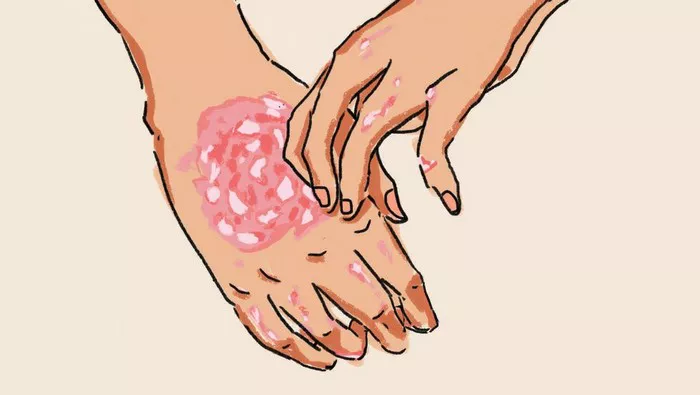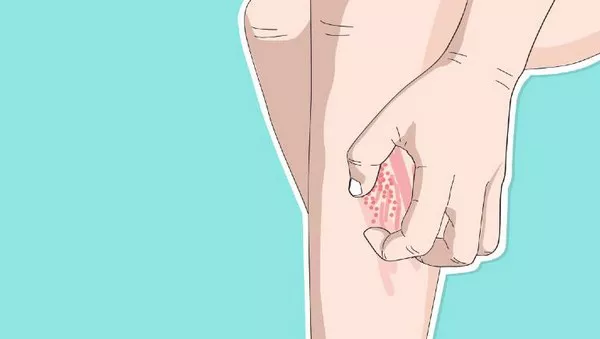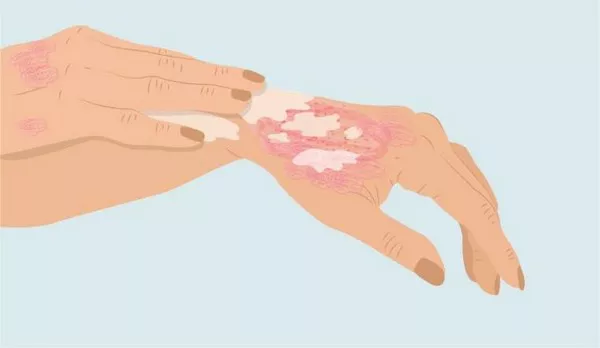Immunosuppression and Its Role
Aging: As people age, their immune systems naturally decline. The thymus gland, which is crucial for the production and maturation of T cells, shrinks with age. This leads to a reduced number of T cells, which are essential for fighting viral infections. Consequently, the varicella-zoster virus has a higher chance of reactivating and causing shingles to recur.
Chronic Diseases: Certain chronic medical conditions can suppress the immune system. For example, patients with diabetes have impaired immune function due to high blood sugar levels, which can affect the ability of immune cells to function optimally. Similarly, those with autoimmune disorders like rheumatoid arthritis or lupus, who are often on immunosuppressive medications, are at an increased risk. Cancer patients undergoing chemotherapy or radiation therapy also experience a significant reduction in their immune response, making them more susceptible to recurrent shingles.
HIV/AIDS: People living with HIV/AIDS have a severely damaged immune system, as the virus attacks and destroys CD4+ T cells. Without proper antiretroviral treatment to control the HIV infection and boost the immune system, the varicella-zoster virus can easily reactivate, leading to recurrent shingles.
Stress and Emotional Well-being
Chronic Stress: Prolonged periods of stress, whether due to work-related pressures, financial difficulties, or personal relationships, can disrupt the body’s hormonal balance and immune function. Stress hormones such as cortisol can suppress the immune system, making it easier for the varicella-zoster virus to reactivate. Studies have shown that individuals under chronic stress are more likely to experience recurrent shingles compared to those with lower stress levels.
Mental Health Disorders: Conditions like depression and anxiety can also affect the immune system. Depression has been associated with changes in the immune response, including decreased activity of certain immune cells. People with mental health disorders may also have poor lifestyle habits, such as irregular sleep patterns, lack of exercise, and poor diet, which further contribute to a weakened immune system and an increased risk of shingles recurrence.
Nutritional Deficiencies
Vitamin B12: This vitamin is crucial for the proper functioning of the nervous system and the production of red blood cells. A deficiency in vitamin B12 can lead to nerve damage and a weakened immune response. Since the varicella-zoster virus affects the nerves, a lack of vitamin B12 may make it more likely for the virus to reactivate. Vegetarians and vegans are at a higher risk of vitamin B12 deficiency as the primary sources of this vitamin are animal products.
Vitamin C and Zinc: These nutrients have antioxidant properties and play a vital role in the immune system’s defense against infections. Vitamin C is involved in the production of white blood cells, which are essential for fighting off viruses. Zinc is required for the proper functioning of many immune cells and helps in the healing process. A diet lacking in fruits, vegetables, and other sources of these nutrients can lead to deficiencies, increasing the susceptibility to shingles recurrence.
Exposure to Infections and Illnesses
Respiratory Infections: Viral or bacterial respiratory infections, such as the flu or pneumonia, can put stress on the body’s immune system. When the immune system is busy fighting off these infections, it may not be able to effectively suppress the varicella-zoster virus, leading to its reactivation and a recurrence of shingles.
Gastrointestinal Infections: Infections in the gastrointestinal tract can also disrupt the immune system. Diarrheal diseases caused by bacteria or viruses can lead to malabsorption of nutrients, further weakening the body’s defenses. This can create an environment conducive to the reactivation of the varicella-zoster virus.
Genetic Predisposition
Unhealthy Lifestyle Habits
Smoking: Smoking damages the immune system and reduces the body’s ability to fight off infections. The chemicals in cigarettes can impair the function of immune cells and increase inflammation in the body. This makes it more difficult for the body to control the varicella-zoster virus, leading to a higher risk of recurrence.
Excessive Alcohol Consumption: Heavy drinking can also suppress the immune system and cause nutritional deficiencies. Alcohol can interfere with the absorption of nutrients such as vitamin B12 and zinc, which are important for immune function. Additionally, it can damage the liver, which plays a role in the body’s immune response.
Lack of Exercise: A sedentary lifestyle is associated with a weaker immune system. Regular physical activity helps to boost the immune system by increasing the circulation of immune cells and promoting overall health. People who do not engage in regular exercise are more likely to experience a recurrence of shingles compared to those who are physically active.


























